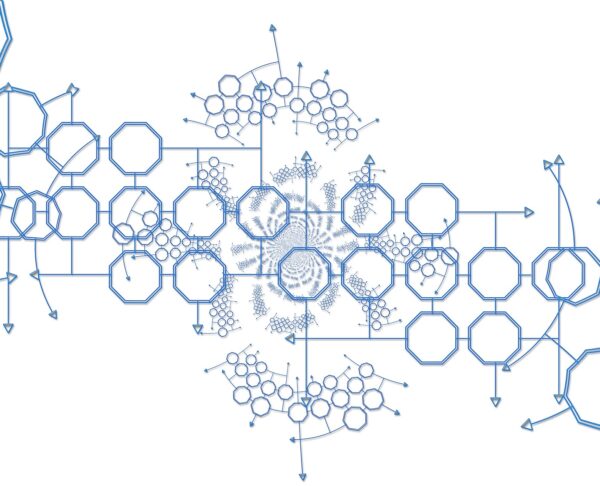Introduction:
In the realm of scientific progress, few frontiers hold as much promise and potential as biotechnology. Within this landscape, gene editing and genetic engineering stand as veritable game-changers, offering unprecedented control over the blueprint of life itself. This blog delves deep into the awe-inspiring world of biotechnology breakthroughs, uncovering the remarkable advancements in gene editing and genetic engineering that are rewriting the possibilities for medicine, agriculture, and the very essence of life.
The Dawn of Precision Medicine:
Gene editing and genetic engineering have paved the way for a new era of precision medicine. By manipulating DNA at the molecular level, scientists are opening doors to personalized therapies and treatments tailored to an individual’s unique genetic makeup.
- CRISPR-Cas9: A Revolution in Gene Editing:
At the forefront of gene editing lies CRISPR-Cas9, a revolutionary tool that acts as molecular scissors, precisely snipping DNA strands and enabling the addition, removal, or modification of specific genes. This breakthrough technology has propelled gene editing capabilities to unprecedented heights.
- Eradicating Genetic Diseases:
Gene editing holds immense potential in eradicating hereditary diseases. Scientists are exploring CRISPR’s capabilities in correcting genetic mutations responsible for conditions like sickle cell anemia and cystic fibrosis, offering hope for a future where genetic disorders are a thing of the past.
- Agriculture’s Genetic Revolution:
Beyond medicine, genetic engineering is transforming agriculture. Crops are being engineered to resist pests, withstand environmental stress, and enhance nutritional value, paving the way for sustainable agriculture and food security in a changing world.
- Ethical Considerations and Controversies:
While the potential of gene editing and genetic engineering is undeniably exciting, it also raises ethical questions. The ability to modify the human germline, for instance, prompts discussions about the implications of altering future generations’ genetic makeup.
- From Designer Babies to Bionic Plants:
The possibilities offered by biotechnology are as diverse as they are extraordinary. From genetically modified babies with enhanced traits to plants engineered to detect pollutants, gene editing and genetic engineering are challenging preconceived notions and pushing the boundaries of human capability.
- Regulatory Challenges and Future Outlook:
The rapid pace of biotechnological advancement raises regulatory and safety concerns. Striking a balance between innovation and responsible use is vital to ensure that the potential benefits of these breakthroughs are maximized while minimizing potential risks.
Conclusion:
The saga of gene editing and genetic engineering is a testament to human ingenuity and the relentless pursuit of knowledge. As we navigate the ethical landscapes and regulatory frontiers, one truth remains evident: biotechnology’s transformative power is unlocking doors to a future where diseases are conquered, crops flourish, and our understanding of life itself reaches unprecedented depths. The fusion of science, innovation, and ethics is paving the way for a new era, where biotechnology stands as a beacon of hope and possibility, shaping a world where the limits of progress are yet to be defined.




